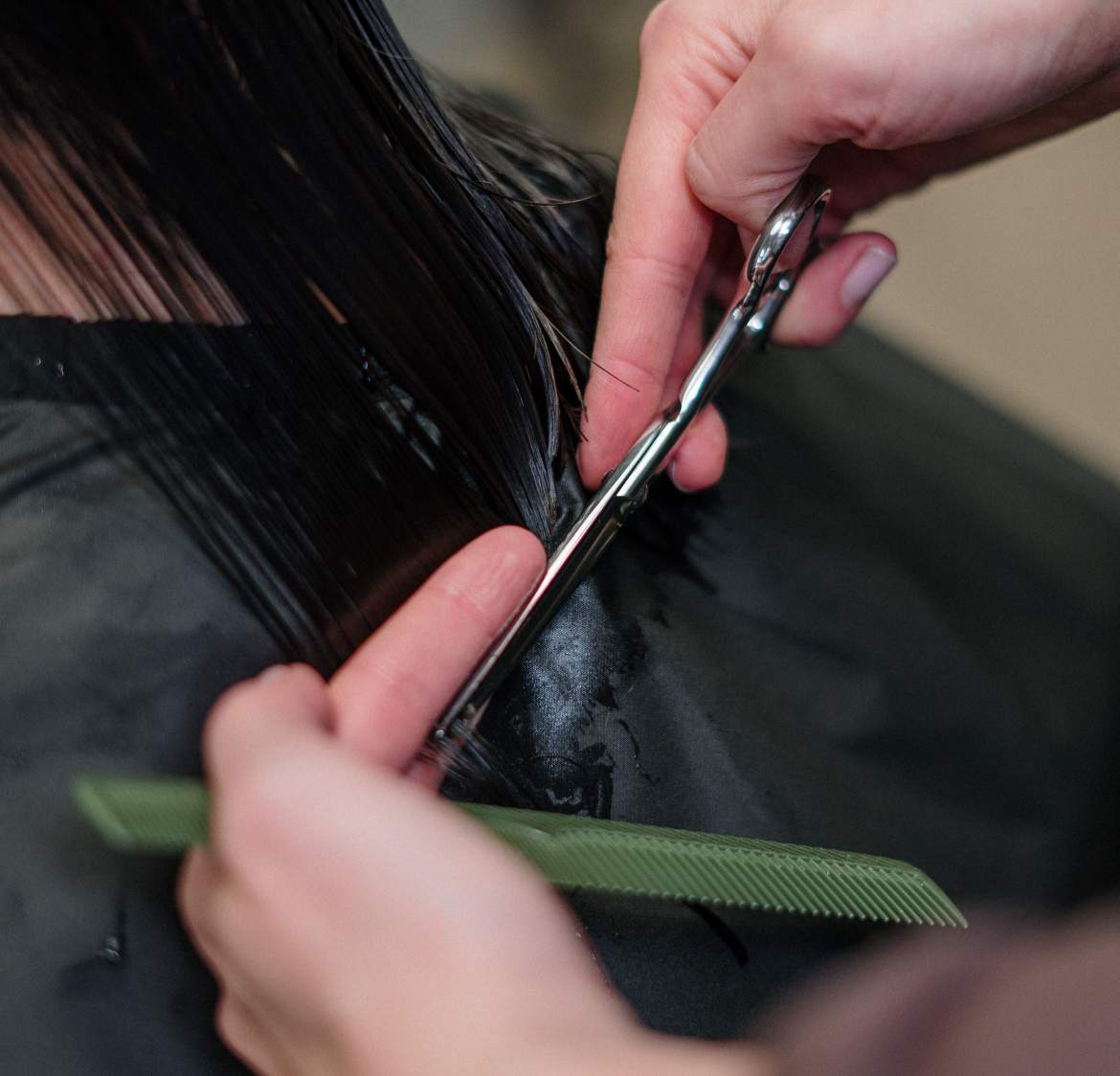What is the status of your employees or workers?

A self-employed hairdresser has been given the right to claim her notice pay, holiday pay and redundancy pay in a recent case which has the potential to alter the working conditions for hairdresser and beauty industry workers generally.
An Employment Tribunal held that Meghan Gorman should be entitled to the benefits of an employee at the Manchester salon where she had worked on a self-employed basis. The Terence Paul salon where she worked kept 67% of her takings, and set her hours of work.
Her case was that she was treated as an employee and was not a genuinely self-employed person, and therefore had the benefit of employment law rights. Her bosses exercised tight control over all aspects of her work, despite her working under a contract labeled as an Independent Contract for Services.
Her employer claimed that the company’s self-employed hairdressers had control over the hours and days they worked, their starting and finishing times, treatments they could give and their holidays. Ms Gorman disputed this, saying she had to work from 9am until 6pm from Monday until Saturday and had no control over prices or charging. She also claimed that she had to abide by the salon’s standards of dress, had to use its products and had to inform the salon if she wanted time off. It was held that she was treated as an employee and was not genuinely self-employed, and therefore should benefit from employment law rights.
She will also now pursue other claims against Terence Paul, including unfair and wrongful dismissal sex discrimination and a failure to provide a written contract of employment, and holiday pay.
Around 330,000 people work in the beauty industry in the UK, of which more than 80% are women, according to industry figures. This is a perfect example of why employers in the industry should make sure that they have contracts in place for staff and that they have the correct type of contract which reflects what happens in practice in terms of the working relationship and work arrangements, and not just assume that certain staff are self-employed when this is not, in fact, the case.
The preliminary judgment could affect other professions, for example, bookkeepers, delivery drivers, dentists and hygienists.